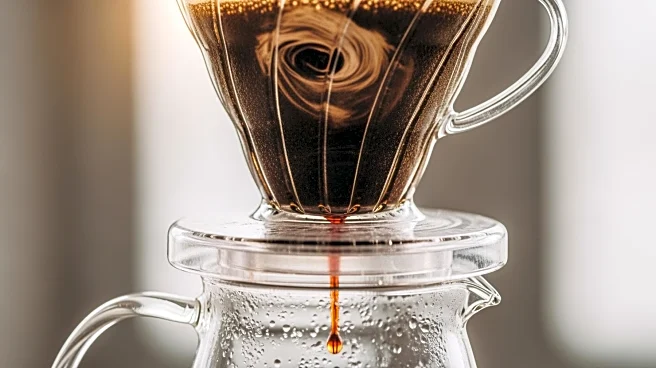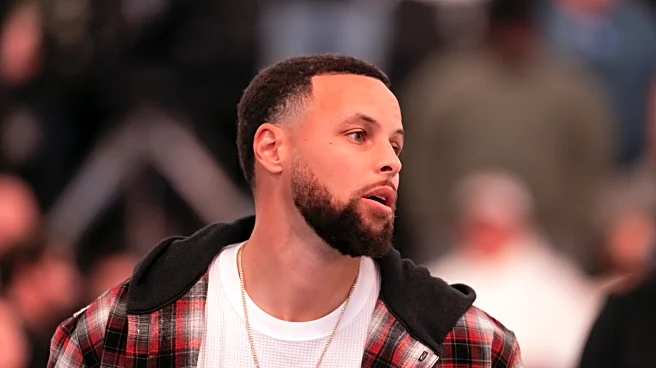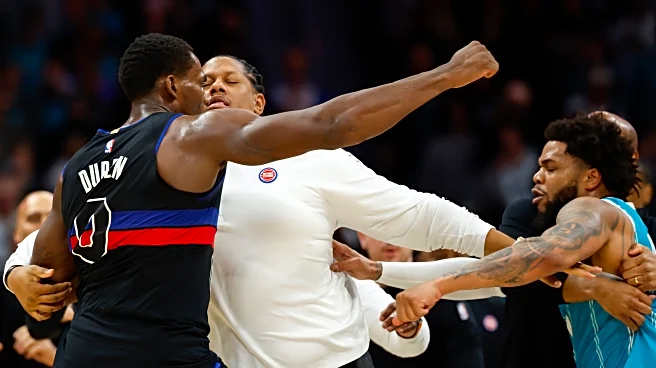Rapid Read • 8 min read
The Women's National Basketball Players Association (WNBPA) has opted out of the current collective bargaining agreement (CBA) with the WNBA, which is set to expire on October 31, 2025. This move is driven by the players' demand for better salary incentives and benefits, as the league experiences growth in viewership and attendance. The WNBPA's decision comes amid a backdrop of significant pay disparities between male and female athletes, with women in sports earning significantly less than their male counterparts. Brands like Aflac, Ally Financial, and Samsung are stepping in to support female athletes by enhancing compensation through sponsorships and partnerships. These brands are leveraging their influence to advocate for increased pay for WNBA players, recognizing the potential for growth in women's sports.
AD
The push for higher pay for WNBA players highlights the broader issue of gender pay disparity in sports. Women athletes often rely heavily on sponsorships for their income, as their salaries are considerably lower than those of male athletes. The involvement of major brands in advocating for better compensation underscores the economic potential of women's sports, which have audiences that are younger, wealthier, and more diverse. By supporting female athletes, brands not only address pay inequities but also tap into a growing market of sports fans who are more likely to engage with and purchase from sponsors. This movement could lead to a more equitable distribution of sports sponsorship dollars and increased visibility for women's sports.
As the WNBA postseason approaches and the CBA deadline looms, negotiations between the WNBPA and the league will be crucial in determining the future of player compensation. If an agreement is not reached, a work stoppage could occur in 2026. Brands are expected to continue playing a pivotal role in supporting female athletes and advocating for fair pay. The success of initiatives like the Unrivaled 3-on-3 women's basketball league, which offers higher salaries than the WNBA, may influence future negotiations and encourage more brands to invest in women's sports.
The advocacy for higher pay in the WNBA reflects a broader cultural shift towards gender equality and recognition of women's contributions in traditionally male-dominated fields. The involvement of brands in this movement highlights the intersection of business interests and social responsibility, as companies seek to align themselves with values of equity and inclusion. This trend may inspire similar efforts in other industries, promoting a more inclusive and equitable society.
AD
More Stories You Might Enjoy













